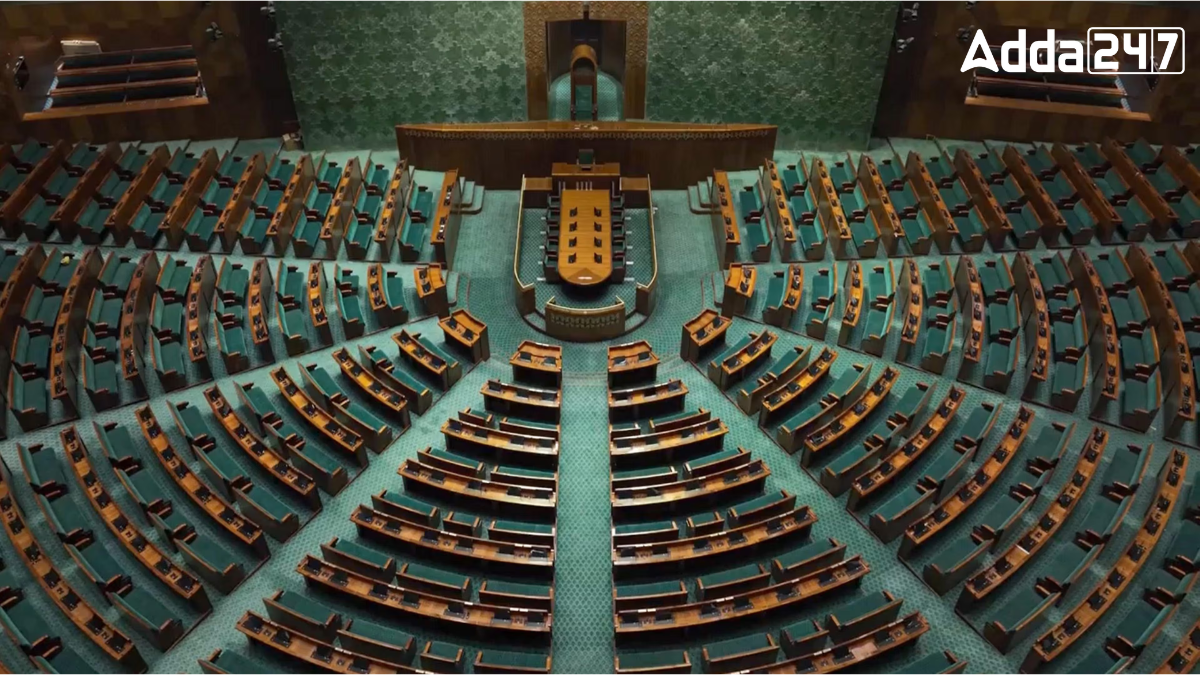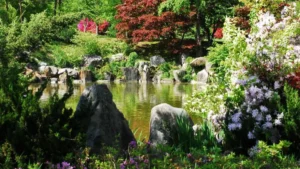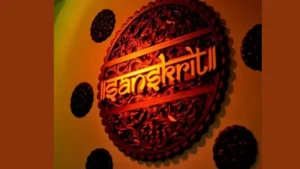The 2024 Lok Sabha elections are around the corner, promising to be yet another significant chapter in India’s democratic history. As the largest election exercise in human history approaches, we reflect on the past, tracing the evolution of Indian politics. This interactive article delves into the key events, people, and policies that have shaped each Lok Sabha from 1952 to 2024, offering a glimpse into how India voted and evolved.
1st Lok Sabha (1952-1957)
Post-partition, the first general election was a landmark moment. The Congress, under Jawaharlal Nehru’s leadership, capitalized on its role in the freedom struggle. The nation sought stability, both democratic and economic, setting the tone for future elections.
2nd Lok Sabha (1957-1962)
The Congress further solidified its position, benefiting from a lack of strong opposition and Nehru’s enduring popularity. The focus remained on Nehru’s socialist vision, steering the country towards development.
3rd Lok Sabha (1962-1967)
Although Congress formed the government for a third time, internal dissent began to surface. The period was marked by regional parties gaining traction, and significant events like the wars with China and Pakistan influenced the political climate.
4th Lok Sabha (1967-1970)
Indira Gandhi became India’s first female Prime Minister, enacting policies aimed at curbing economic distress. However, internal conflicts threatened Congress’s stability, leading to the emergence of coalition governments.
5th Lok Sabha (1971-1977)
Indira Gandhi’s “Garibi Hatao” slogan and her role in the Bangladesh war boosted her popularity. However, the declaration of Emergency and suspension of civil liberties marked a dark period in India’s democratic history.
6th Lok Sabha (1977-1980)
In the aftermath of the Emergency, voters ousted Congress, electing the Janata Party led by Morarji Desai. Internal conflicts soon destabilized this new government, proving its experiment unsuccessful.
7th Lok Sabha (1980-1984)
Indira Gandhi returned to power, facing challenges like unemployment, labor unrest, and increasing militancy in Punjab. The period was marked by political turbulence and economic difficulties.
8th Lok Sabha (1984-1989)
Rajiv Gandhi led Congress’s resurgence. Significant events included communal disharmony, the anti-Sikh riots, and the Bofors scam, which greatly influenced the social and political climate.
9th Lok Sabha (1989-1991)
For the first time, no party enjoyed a majority. V.P. Singh of Janata Dal briefly led a National Front coalition. The period was marked by the Mandir and Mandal politics, stirring unrest across the nation.
10th Lok Sabha (1991-1996)
Under Narasimha Rao, India saw the beginning of economic liberalization. The Babri Masjid demolition and the Mandal Commission report caused violent polarisation, impacting the socio-political landscape.
11th Lok Sabha (1996-1998)
Disillusionment with Congress gave rise to regional and caste-based politics. The United Front government, led by Janata Dal, was marred by corruption scandals and coalition instability.
12th Lok Sabha (1998-1999)
The shortest-ever Lok Sabha was dominated by coalition instability. Atal Bihari Vajpayee’s leadership saw the Bharatiya Janata Party (BJP) gaining national prominence.
13th Lok Sabha (1999-2004)
The Kargil War boosted Vajpayee’s popularity. However, the 2001 Parliament attack, 2002 Gujarat riots, and internal ideological fissures later troubled the National Democratic Alliance (NDA).
14th Lok Sabha (2004-2009)
Under Manmohan Singh, India experienced sustained economic growth. Key legislation, including the Right to Information Act and National Rural Employment Guarantee Scheme, were notable achievements. The historic Indo-U.S. Civil Nuclear Deal was also signed during this period.
15th Lok Sabha (2009-2014)
The Congress-led United Progressive Alliance (UPA) retained power, enacting key legislation like the Right to Education Act. However, the government struggled with an economic slowdown and numerous corruption scandals.
16th Lok Sabha (2014-2019)
Riding on Narendra Modi’s popularity, the BJP promised ‘acche din’ (good days), challenging the corruption and stagnation of the incumbent Congress government.
17th Lok Sabha (2019-2024)
The Modi-led BJP government consolidated its power further. National security, the COVID-19 pandemic, farmers’ unrest, communal clashes, CAA protests, and the abrogation of Article 370 were significant undercurrents during this period.




 Which is the Highest Mountain of Austral...
Which is the Highest Mountain of Austral...
 Which Country is known as the Land of Mo...
Which Country is known as the Land of Mo...
 Which Languages is known as the Mother o...
Which Languages is known as the Mother o...








